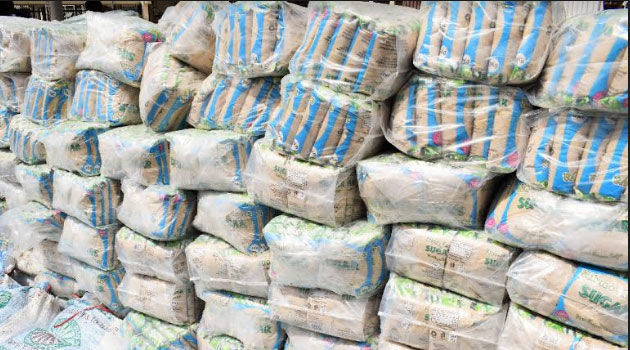By Chuck Muth, President, Citizen Outreach
It’s not just the major sugar producers of the world – including Brazil, India and Thailand – that artificially prop up its sugar industries with government subsidies. Smaller producers are hopping on the bandwagon as well.
GhanaWeb.com reported last week…
“The Ghana Export Promotion Authority (GEPA), has assured that it will provide special incentive and cost reduction packages for companies that venture into local manufacture of sugar and sugar confectionery including small scale manufacturers.
“This strategic intervention, according to GEPA, is designed to promote Ghanaian manufactured sugar in the sub-region and other African markets. …
“While some 14,100 acres of sugarcane is expected to be cultivated to feed the plant under the scheme, the total output of fully operational factory of 250,000 metric tonnes will still be less than the 375,000 metric tonnes required nationally. With the deficit, Ghana still needs additional sugar for the domestic market and much more for exports.
“Indeed, Ghana needs to see more investments in sugar factories if the country is to become a net exporter of sugar in the sub-region.”
To be clear, under current U.S. sugar policy American sugar farmers receive no such similar “special incentive(s) and cost reduction packages.”
In reality, U.S. sugar policy only restricts sugar imports from countries that undermine the global free market by unfairly subsidizing their own producers, along with field-leveling tariffs on such subsidized imports.
However, some potentially good news out of India last week, as reported by Reuters…
“Indian sugar mills have for the first time in three years (approved) export agreements without the support of government subsidies as they scramble to pay dues owing to farmers, four industry officials told Reuters. …
“India is the world’s biggest consumer of sugar, but as the second biggest producer, produces more than required. The government uses subsidies to encourage exports and ensure mills make payments to cane farmers.”
Let’s hope this is a permanent change in policy.



